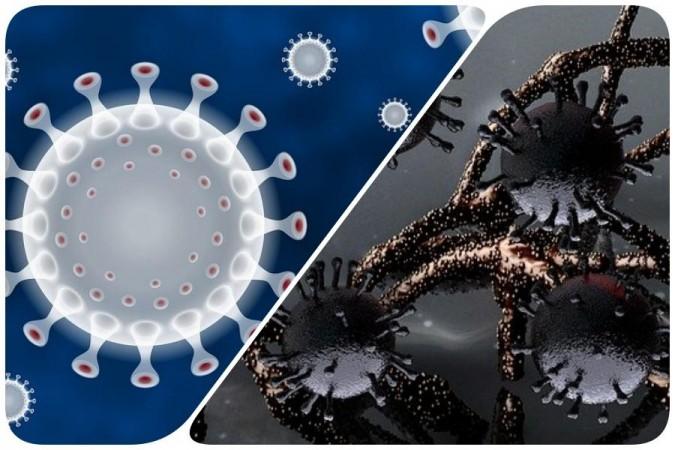As the world has started seeing light at the end of the tunnel after the vaccination rollout, a top expert has warned that the new coronavirus variant discovered in Bristol could infect people who've already been infected or who've been vaccinated. Professor John Edmunds, from the Faculty of Epidemiology and Population Health at the London School of Hygiene and Tropical Medicine, added that further studies should be carried out to determine whether this new variant is as transmissible as the Kent mutated variant of COVID.
The world should live in new normal
"I don't know whether the Bristol variant is any more transmissible than the Kent variant. I suspect it isn't. Where it has an advantage it is may be able to infect people who were previously infected, or have been previously vaccinated. That's the worry with that particular virus," said Edmunds.

Professor Edmunds added that vaccinating lower risk people too will reduce the risk of transmission in the future.
"It's to do with how fast you vaccinate people. That's really the great limiting factor. The faster we vaccinate the high-risk groups, the better, so the quicker we can ease up. Eventually, we're going to switch to vaccinating lower risk groups, and then we will really have an impact on transmission," added Edmunds, ITV News reports.
Edmunds revealed that vaccinating the elderly will not play a huge impact in reducing the risk of coronavirus transmission, as people who fall under this age group don't really play a huge role in transmission.
According to the latest statistics, there are 21 people who have been infected with the new COVID-19 variant in the United Kingdom.
Coronavirus: Latest statistics
Even though several countries have shown signs of flattening the coronavirus curve, mutations are still worrying medical experts all across the globe. According to the latest figures coronavirus has already infected more than 100 million people worldwide, and the death toll has crossed 2.3 million.










